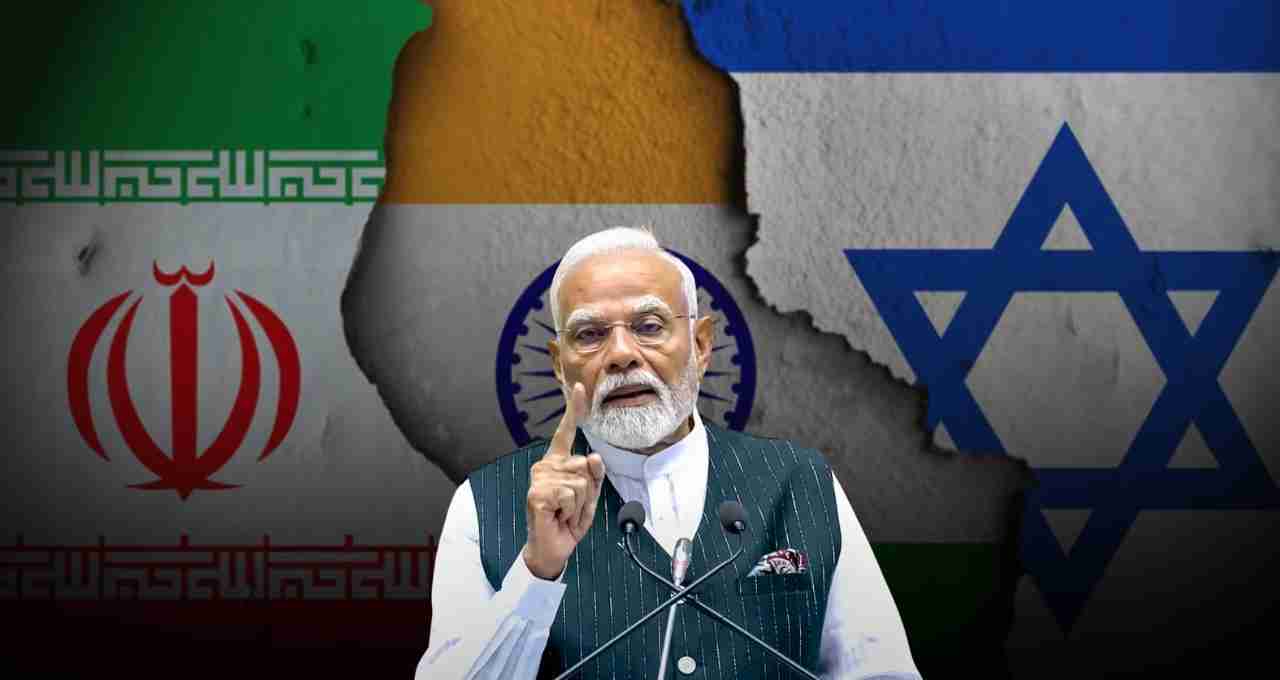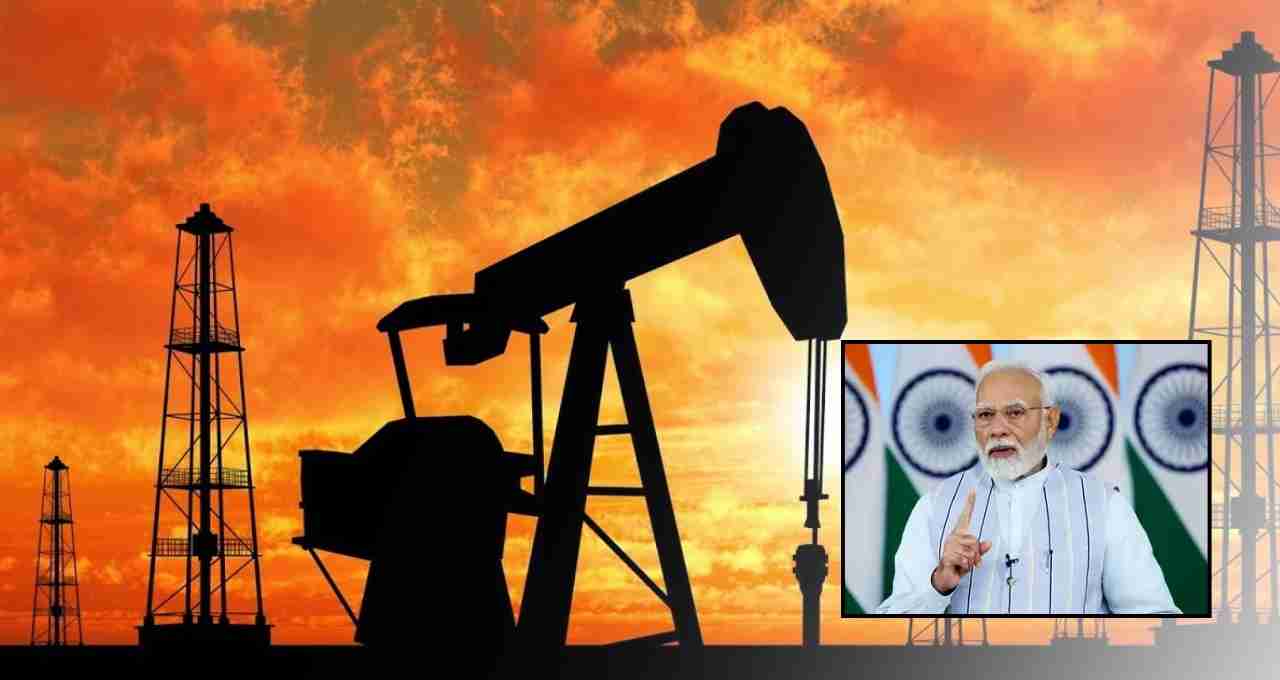The escalating conflict between Iran and Israel has created new concerns for India. This confrontation could directly impact India's energy security, trade routes, and commercial relations.
New Delhi: West Asia is once again engulfed in a fire of intense tension. The deepening military confrontation between Israel and Iran has not only challenged regional stability but also forced countries worldwide to reconsider their strategies. India is not immune to this geopolitical upheaval. While India is not a party to this conflict, its flames are impacting its energy security, commercial interests, and strategic planning.
India's Difficult Situation

This situation is complex for India because it has deep strategic, economic, and security ties with both Iran and Israel. Israel supplies India with defense equipment and advanced technology, while Iran has been a crucial source of India's energy imports and is involved in strategic projects like the Chabahar port.
While Israel provides India with missile technology, drone systems, and cybersecurity resources, Iran has supplied India with relatively inexpensive crude oil. Therefore, supporting one side over the other is not only difficult for India but could also prove potentially costly.
India's Trade Equation with Iran and Israel
Figures for the fiscal year 2024-25 show that India exported approximately $1.24 billion to Iran and imported $441.9 million, primarily petroleum products and minerals. India's trade with Israel is even larger. India exported $2.15 billion to Israel and imported $1.61 billion. Israel has become a major partner for India in defense and cyber technology.
These figures clearly demonstrate the necessity for India to maintain relations with both countries. On one hand, there is the question of energy security, and on the other, strategic and technological partnerships.
India's Biggest Concern: Energy Security

India currently imports over 80 percent of its energy needs, a significant portion of which—crude oil and LNG—comes from West Asia. This oil reaches India through the Strait of Hormuz, an extremely sensitive maritime route. At its narrowest point, this strait is only 21 miles wide and carries one-fifth of the global crude oil trade.
If the situation between Iran and Israel escalates further, the first impact will be on this route. This could disrupt the supply of oil and gas to India, leading to increased petrol and diesel prices, a surge in shipping costs and insurance premiums, and a rise in inflation.
Trade Routes Also at Risk
Approximately 30 percent of India's exports to Europe, Africa, and the East Coast of America pass through the Bab-el-Mandeb strait. If security concerns increase on this route, India will have to ship goods via the Cape of Good Hope in South Africa, potentially delaying deliveries by two weeks. This will directly impact India's exports of engineering products, textiles, and chemicals.
What Should India Do?
Considering this situation, the Global Trade Research Initiative (GTRI) has given the Indian government several important suggestions. GTRI believes that even though India is not involved in this war, it cannot ignore it. It should review its strategic oil reserves and ensure they can meet the country's needs in any emergency.
India will need to diversify its oil imports. Long-term agreements with alternative sources such as Africa, America, and Russia are necessary to mitigate the direct impact of the Iran-Israel conflict on its economy.
Military and Diplomatic Preparedness is Essential
The GTRI report recommends increasing India's naval presence near the Arabian Sea and other crucial maritime routes. India must strengthen its military preparedness to secure choke points like Hormuz and Bab-el-Mandeb.
Diplomatically, India must actively participate in international forums such as the United Nations, G20, and BRICS, working towards peace and de-escalation in West Asia. India must also ensure that global trade routes remain secure from any obstruction.
Should India Side with One Party?
History shows that India's foreign policy has been based on balance and non-alignment. India has always maintained independent relations with both sides. In the current circumstances, this strategy seems appropriate. Both Israel and Iran are important to India in different sectors, and abandoning either would be against India's long-term interests.
While Israel is a major defense partner for India, Iran provides India with the only land route to Afghanistan and Central Asia. Iran's role is crucial in projects like the Chabahar port project and the International North-South Transport Corridor (INSTC).













